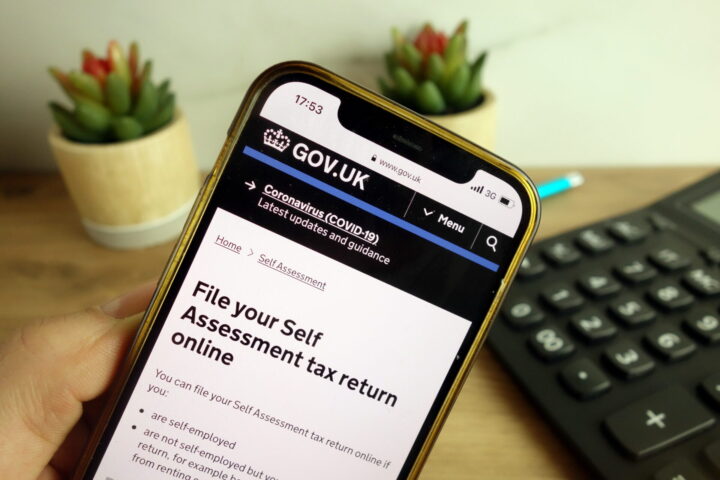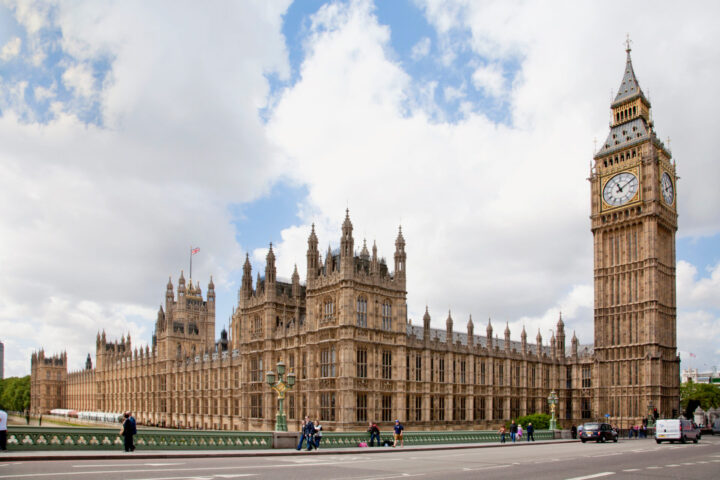HM Revenue and Customs (HMRC) has revealed it processed more than £44m in tax repayments related to pension flexibility payments between 1st January and 31st March 2025.
During this three-month period, HMRC processed 9,694 forms under the P55 category, which applies when individuals have taken part of their pension pot but are not fully retiring.
Additionally, 4,409 forms were submitted and processed under the P53Z category, typically used by those receiving a lump sum payment, while 1,171 forms were handled under the P50Z classification, which relates to individuals who have stopped working and are taking their pension in full.
The total amount repaid across all three categories reached £44,003,977.
HMRC has confirmed that tax repayment figures for the next quarter, covering 1st April to 30th June 2025, will be published in the July 2025 edition of the Pension Schemes Newsletter.
In a separate update, HMRC also published statistics on pension scheme registrations for the 2024 to 2025 tax year.
A total of 1,917 applications to register new pension schemes were received during this period.
Of these, 60% have been approved and successfully registered, while 26% have been refused.
The remaining applications are still being reviewed.
Jamie Clark, retirement specialist at Quilter, said: “The latest pension flexibility statistics reveal HMRC’s plans to streamline tax coding from the current tax year couldn’t come soon enough.
“Pension tax overpayment refunds continued to be a significant issue in the first quarter of 2025, with 15,274 repayment claims processed between January and March 2025, amounting to £44,003,977.
“This equates to a little under £3,000 per refund.
“HMRC’s new tax coding process should not only reduce the administrative burden on savers, but with hope it will also minimise the number of overpayments being made in the first place. Nonetheless, pension withdrawals will remain a challenge.”
He added: “Many people are still reliant on their pension savings to manage financial pressures, and any hasty decision to access these funds could not only result in unintended – and often unexpected – tax consequences, but they could also hamper longer term financial plans.
“The PAYE system, while serving its purpose for regular income, has often applied emergency tax codes to one-off withdrawals, resulting in a large number of overpayments. The automation of tax code updates for new pension recipients should help alleviate this issue, but time will tell just how much of an impact it has.
“If you are considering accessing your pension, seeking professional financial advice will be key. Financial advisers can ensure you are making any withdrawals in the most tax efficient way possible, and will also help make sure you remain on track to reach any long term goals.”
He concluded: “With hope, we will see the number of repayment claim forms being process fall from here on out thanks to HMRC’s efforts to improve the system, but there is still a long way to go to ensure it works seamlessly.
“In the meantime, it is likely that some retirees will still face significant overpayments and subsequently the often arduous task of reclaiming their money.”

















